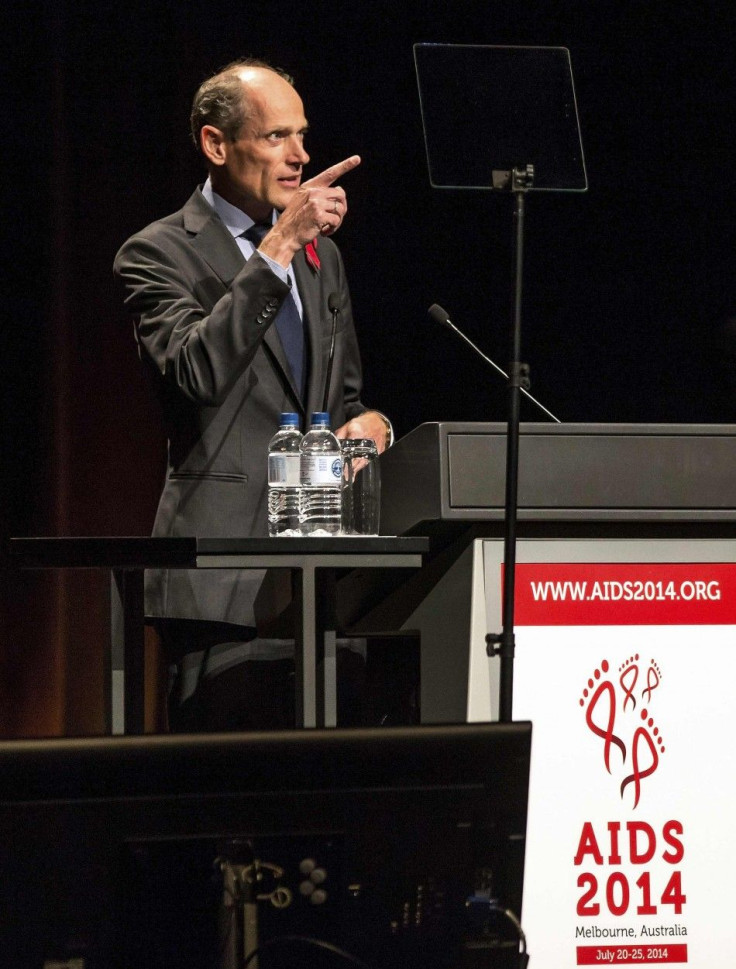HIV/AIDS Cure a Step Closer with Anti-Cancer Drugs 'Kicking' Virus Out of Infected Cells

A recent breakthrough in AIDS research has found a way to "kick out" HIV from the body's cells. According to reports, a Danish study discovered that anti-cancer drugs can eliminate HIV from infected cells. The latest development has been described as the "first step" in finally finding a cure for HIV.
Dr Ole Schmeltz Sogaard from the Aarhus University announced the discovery at the 20th International AIDS Conference in Melbourne, Australia. In the company of other leading scientists in HIV/AIDS research, Sogaard had previously released the findings of the study in a press conference last July 21.
Reports said the press conference aimed to lift the heavy mood as six delegates heading to the AIDS Conference were among those who perished on board the downed Malaysia Airlines Flight MH17.
Lead researcher Sogaard and his colleagues tested the effects of the anti-cancer drug romidepsin on six individuals with HIV from April 2014. They found the drug was able to increase the "hibernated" virus in a cell, making HIV easier to detect in the blood.
AIDS conference co-chair Dr Sharon Lewin said the HIV was "kicked out of hiding" when the anti-cancer drug was administered in five out of the six HIV patients.
Sogaard reported that cells can be activated and induced to release the HIV into the blood. AIDS researchers regard the new development as "the new hope" for an HIV/AIDS cure. The findings show that the "kicked out" virus leaves trails in the blood for the T-cells in the human body to attack.
Dr Steven Deeks, a professor of Medicine at the University of California, was excited about the findings. He said it was the first time the virus was "shocked" out of its hiding place.
According to reports, the Danish researchers are planning to expand the clinical trials and use other vaccines to boost a person's ability to fight the HIV when it comes out of its hiding place in the cells.
At the press conference, scientists were asked how long it would take for them to find a cure. Scientists would rather not give an estimated period but appealed for more focus on "permanent remission. However, scientists and researchers say they remain hopeful towards finding a cure for HIV/AIDS no matter how long it takes.





















